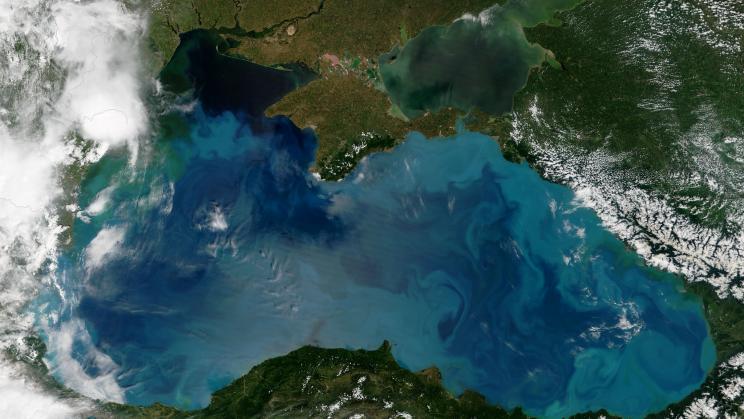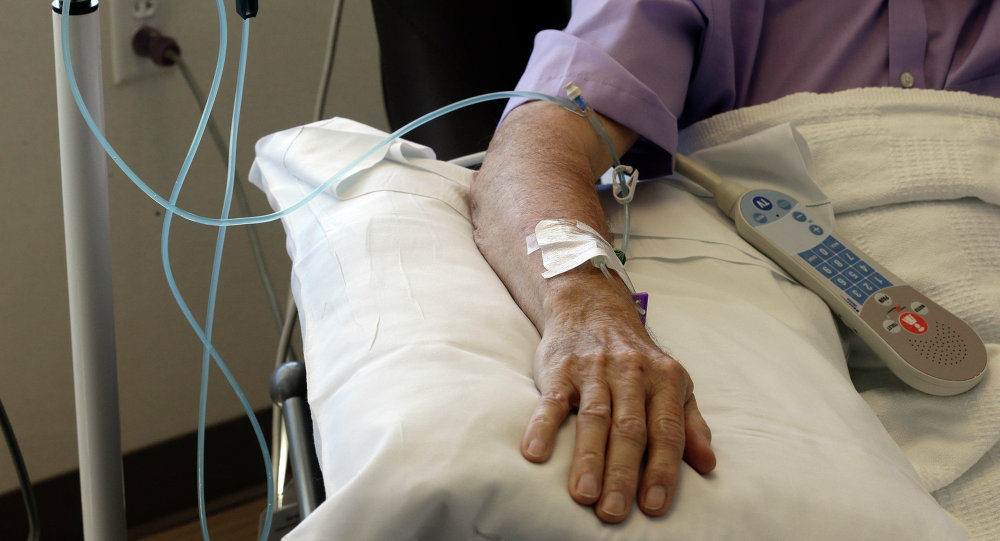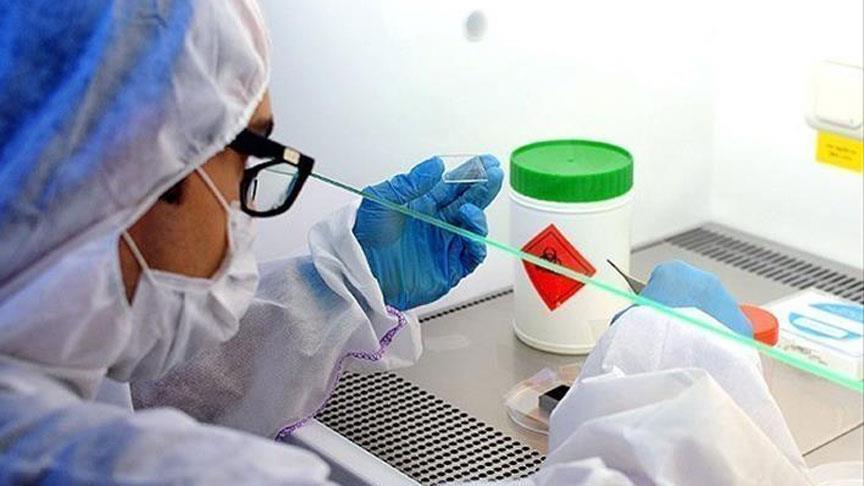A new study from the Massachusetts Institute of Technology has found that scientists can increase the effectiveness of cancer drugs by as much as 50 percent through the use of nanotechnology -- specifically, coating cells with nanoparticles that make it easier for the drugs to interact with the body.
Axar.az reports that, the fibers, which are as small as 100 nanometers (1/254,000 inches) in length and made of a biodegradable polymer, coat the outer membrane of the cell. The patient is then given the drug Tumor necrosis factor-Related Apoptosis-Inducing Ligand (TRAIL), which binds to the receptors along the cell membrane and sends a signal that causes the cells to enter apoptosis — to commit suicide, in other words.
TRAIL is a protein that occurs naturally in the body, but has never been effective enough to be used as a cancer drug. It is used to kill cancerous cells before they can rampantly divide and overtake the body. The nanoparticles act as a lightning rod of sorts, helping TRAIL identify tumor cells.
Tumor cells are usually surrounded by a "shroud" made of molecules. The MIT researchers wrote in their paper, which was published in the journal Nature Communications, that the nanoparticles compress the shroud and make it easier for TRAIL to interface with the cells.
"When you attach many particles to the membranes of these cells, and then expose them to forces that mimic those in the human body, like blood flow, these therapeutics become more effective. It's a way of amplifying the forces on the cells using polymeric materials," study lead Michael Mitchell, with MIT&'s Koch Institute for Integrative Cancer Research, said in a statement.
"When you expose cells to forces and then these particles are coming down on the cell, they could be flattening all these molecules on the surface. Then the receptor can come in better contact with TRAIL to induce tumor cell death."
Best of all, TRAIL does not harm ordinary cells, since it is a protein made by the body specifically to kill tumors. The central issue with it as a cancer drug was that it did not kill tumors efficiently enough — but the nanoparticle tethers could change that.
The nanoparticles were tested on mice, and reduced tumor mass by 90% in some cases. The promising findings have prompted Mitchell's team to continue their research into nanotechnological cancer treatments.
"We're very interested in combined approaches where you can hit tumor cells with many immune-based therapies and then exploit physical forces that these cells are exposed to, as a new way to kill them," said Dr. Mitchell.





















































